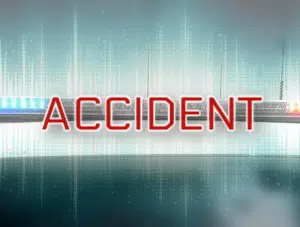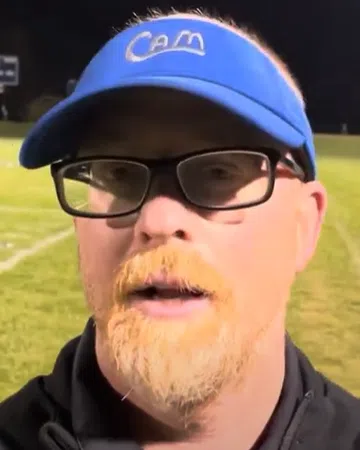
(Atlantic) Olivia Welter, third year student pharmacist at Drake University and Vice President of Generation Rx, spoke about the opioid epidemic to members of the Cass County Substance Abuse Prevention Coalition (C.L.E.A.N) meeting Tuesday afternoon.
Opioids are molecules that activate the opioid receptors in the body. Some examples of opioids include heroin, fentanyl, hydrocodone, oxycodone, tramadol and morphine. Opioids in the body resolve pain, but in people who don’t feel pain it causes euphoria, or a high.
Olivia Welter spoke about some of the shocking opioid epidemic numbers in America.
Welter said one of the main things that caused the opioid epidemic was that people were concerned that physicians were not treating pain the way that they should.
Welter said there also was assurance by drug companies that their medications were not habit forming and there also has been high accessibility to injectable opioids.
Welter said community members can prevent opioid misuse and it all starts at home.
Welter said to help combat this; informing yourself, family members, neighbors, and loved ones of what can result from keeping unused opioids in the home will help your family to understand what is and is not appropriate for opioid storage. There are also DEA drug take-back days twice a year where people can dispose of their unwanted or expired medications no questions asked. Other ways to prevent opioid misuse: be an active participant in your healthcare- discuss with your provider if there are any alternatives to opioids, this is especially important for children and young adults who are receiving oral surgery which is usually the first exposure to opioid medications. Also, know your pharmacist and become more comfortable asking questions about your medication.
Welter said funding is also necessary to support recovery and prevention programs.
Welter said it’s important to recognize the signs of an opioid overdose and what you can do in those situations. One major sign is pinpoint pupils and dangerously slow breathing.
Naloxone (brand name Narcan) reverses the opioid activity, returns the breathing back to normal and will detoxify from the opioid.
Welter said there are things the state of Iowa is doing help with the opioid epidemic; they have a prescription monitoring program, prescribers are required to use the prescription monitoring program, the prescription monitoring program has 24-hour upload from pharmacies, Iowa has a good Samaritan law, expanded access to Naloxone, Medicaid coverage for all forms of medication assisted treatment, and the state requires training on CDC guidelines for prescribing opioids for chronic pain. However, the state does not have prescription limits for opioids, they do not have a syringe service program, and they do not have dedicated funding for Naloxone.












